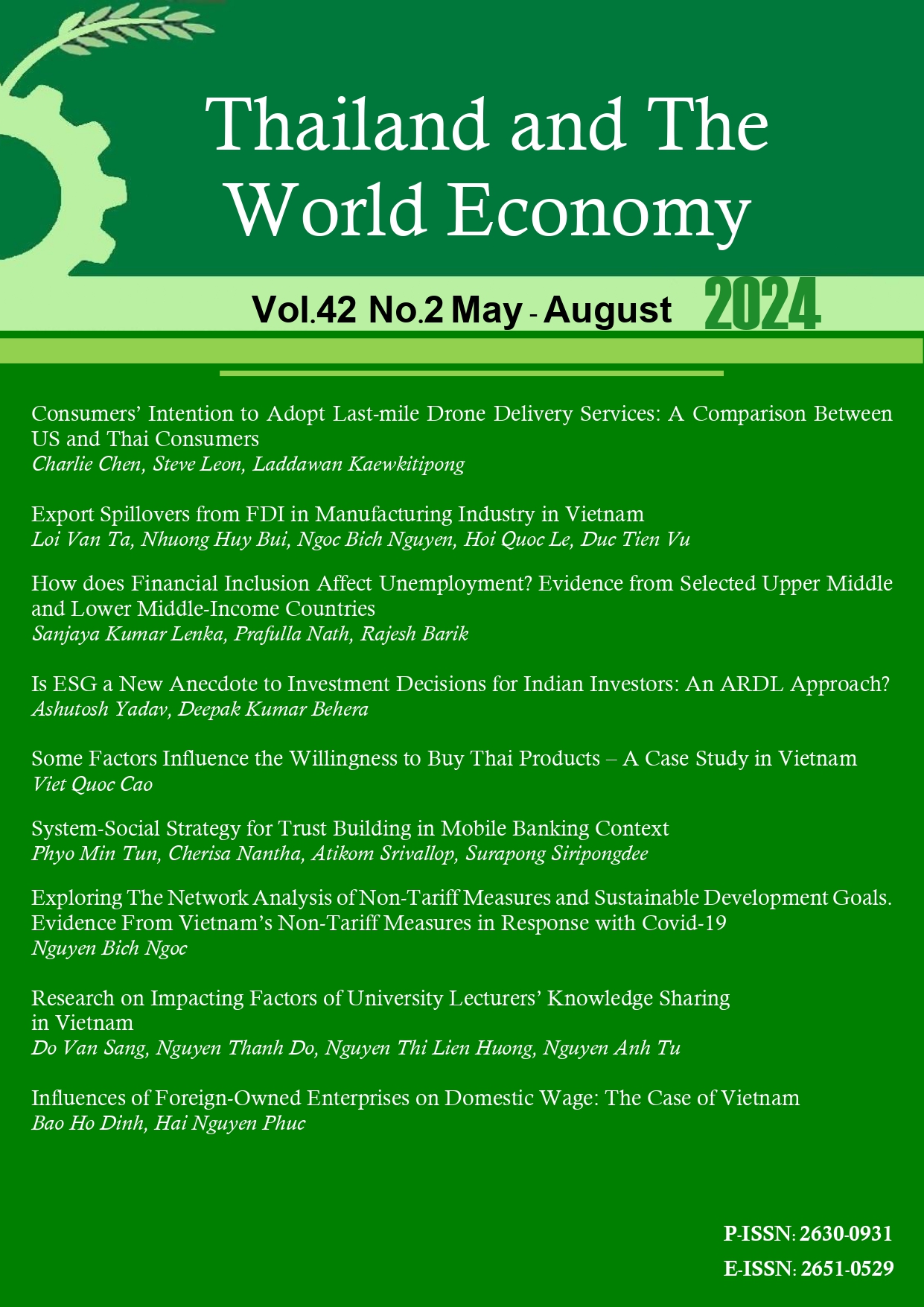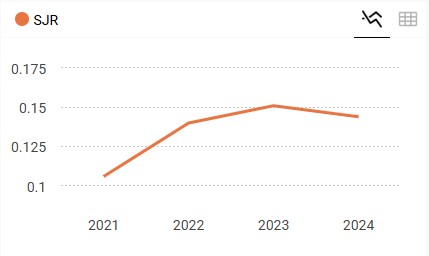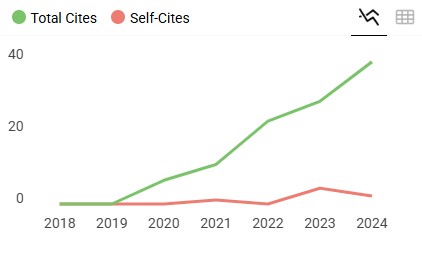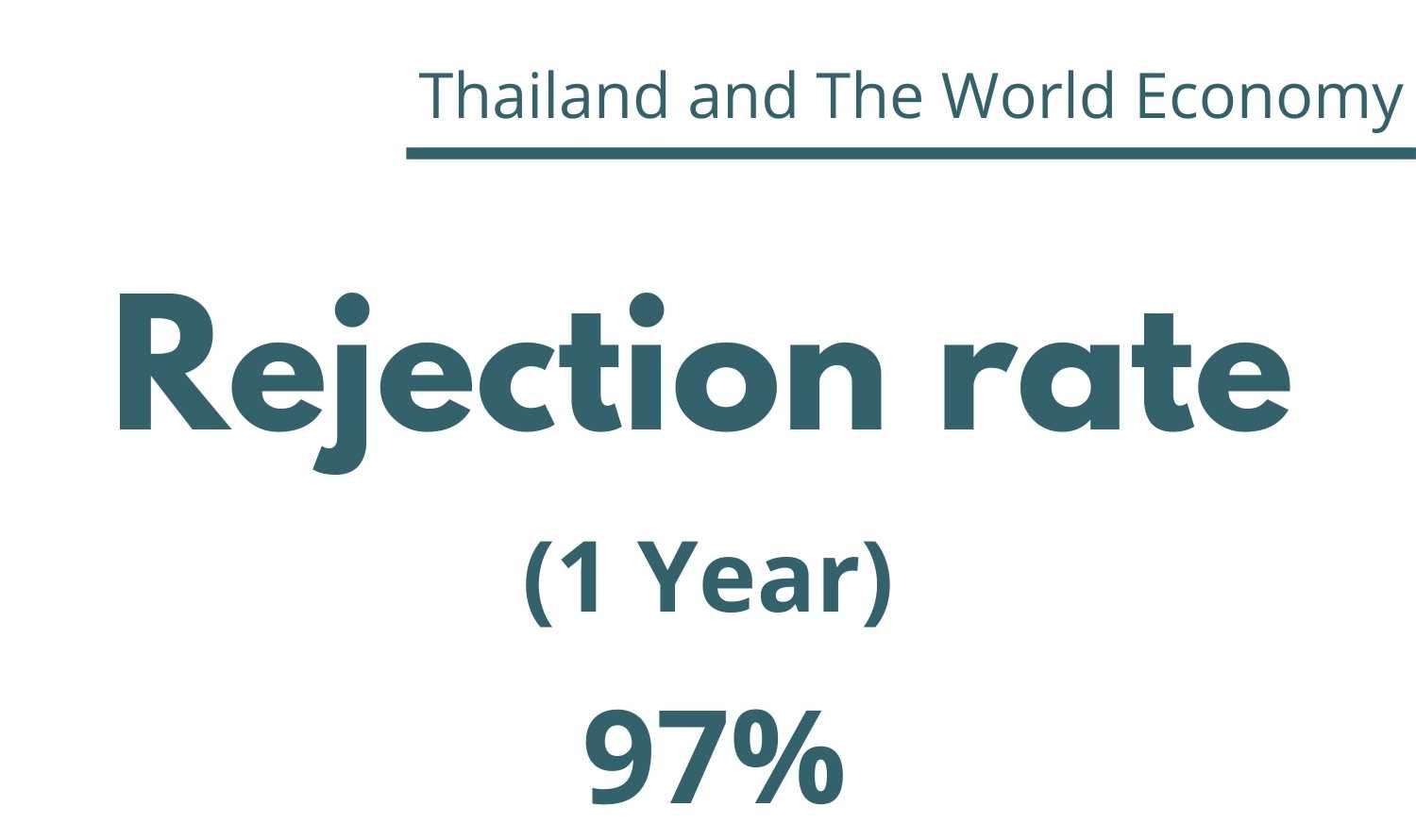Is ESG a New Anecdote to Investment Decisions for Indian Investors: An ARDL Approach?
Keywords:
ESG score , stock performance, ARDL approachAbstract
The purpose of this study is to evaluate the linkage between Environmental, Social, and Governance (ESG) ratings and the stock performance of the top 15 Indian companies with low-ESG-risk as well as the top 15 Indian companies with high-ESG-risk. The existing literature on whether ESG leads to better stock performance is mixed. There are studies that exhibit a positive or negative relationship between ESG and stock performance, while others deny the same. However, the findings of the present study state that a better ESG-compliant company impacts its stock performance positively. The Autoregressive Distributed Lag (ARDL) co-integration approach is used in the study to determine the relationship between ESG and stock performance in Indian companies. The primary outcome of the current study is that the ESG factor should be considered simultaneously with other factors when deciding on investment strategies. Additionally, an ESG-compliant company can further play its part in tackling the climate change issue.
References
Amel-Zadeh, A., & Serafeim, G. (2018). Why and how investors use ESG information: Evidence from a global survey. Financial Analysts Journal, 74(3), 87–103.
Bae, K. H., El Ghoul, S., Gong, Z. (Jason), & Guedhami, O. (2021). Does CSR matter in times of crisis? Evidence from the COVID-19 pandemic. Journal of Corporate Finance, 67(November 2020), 101876, 129-156.
Barnea, A., & Rubin, A. (2010). Corporate social Responsibility as a conflict between shareholders. Journal of Business Ethics, 97(1), 71–86.
Banz, R. W. (1981). The relationship between return and market value of common stocks. Journal of Financial Economics, 9(1), 3–18.
Basu, S. (1983). The relationship between earnings’ yield, market value and return for NYSE common stocks: Further evidence. Journal of Financial Economics, 12(1), 129–156.
Benabou, R., & Tirole, J. (2010). Individual and corporate social responsibility. Economica, 77(305), 1–19.
Bhandari, L. C. (1988). Debt/Equity Ratio and Expected Common Stock Returns: Empirical Evidence. The Journal of Finance, 43(2), 507–528.
Borgers, A., Derwall, J., Koedijk, K., & Ter Horst, J. (2013). Stakeholder relations and stock returns: On errors in investors’ expectations and learning. Journal of Empirical Finance, 22, 159–175.
Broadstock, D. C., Chan, K., Cheng, L. T. W., & Wang, X. (2021). The role of ESG performance during times of financial crisis: Evidence from COVID-19 in China. Finance Research Letters, 38(2021) 101716, 1-11.
Carnahan, S., Agarwal, R., & Campbell, B. (2010). The Effect of Firm Compensation Structures on the Mobility and Entrepreneurship of Extreme Performers. Atlanta Competitive Advantage Conference 2010 Paper, 920(October), 1–43.
Clark, G. L., Feiner, A., & Viehs, M. (2014). From the stockholder to the stakeholder: How sustainability can drive financial outperformance. Retrieved from SSRN Electronic Journal https://doi.org/10.2139/ssrn.2508281
Consolandi, C., Eccles, R. G., & Gabbi, G. (2022). How material is a material issue? Stock returns and the financial relevance and financial intensity of ESG materiality. Journal of Sustainable Finance and Investment, 12(4), 1045–1068.
Demers, E., Hendrikse, J., Joos, P., & Lev, B. I. (2020). ESG didn’t immunize stocks against the Covid-19 market crash. Retrieved from SSRN Electronic Journal https://doi.org/10.2139/ssrn.3675920
Engelhardt, N., Ekkenga, J., & Posch, P. (2021). ESG ratings and stock performance during the covid-19 crisis. Sustainability (Switzerland), 13(2021) 7133, 1-15.
Ferrell, A., Liang, H., & Renneboog, L. (2016). Socially responsible firms. Journal of Financial Economics, 122(3), 585–606.
Flammer, C. (2015). Does corporate social responsibility lead to superior financial performance? A regression discontinuity approach. Management Science, 61(11), 2549–2568.
Friede, G., Busch, T., & Bassen, A. (2015). ESG and financial performance: Aggregated evidence from more than 2000 empirical studies. Journal of Sustainable Finance and Investment, 5(4), 210–233.
Galema, R., Plantinga, A., & Scholtens, B. (2008). The stocks at stake: Return and risk in socially responsible investment. Journal of Banking and Finance, 32(12), 2646–2654.
Gillan, S. L., Koch, A., & Starks, L. T. (2021). Firms and social responsibility: A review of ESG and CSR research in corporate finance. Journal of Corporate Finance, 66(September 2019) 101889, 1-16.
Goss, A., & Roberts, G. S. (2011). The impact of corporate social responsibility on the cost of bank loans. Journal of Banking and Finance, 35(7), 1794–1810.
Hu, Y., Chen, S., Shao, Y., & Gao, S. (2018). CSR and firm value: Evidence from China. Sustainability (Switzerland), 10(12) 4597, 1-18.
Huber, B. M., Comstock, M., Polk, D., & Wardwell, L. L. P. (2017). ESG reports and ratings: What they are, why they matter. The Corporate Governance Advisor, 25(5), 1–12.
Kotsantonis, S., Pinney, C., & Serafeim, G. (2016). ESG integration in investment management: Myths and realities. Retrieve from SSRN https://doi.org/10.1111/jacf.12169
Krüger, P. (2015). Corporate goodness and shareholder wealth. Journal of Financial Economics, 115(2), 304–329.
Lee, D. D., & Faff, R. W. (2009). Corporate sustainability performance and idiosyncratic risk: A global perspective. Financial Review, 44(2), 213–237.
Lins, K. V., Servaes, H., & Tamayo, A. (2017). Social capital, trust, and firm performance: The value of corporate social responsibility during the financial crisis. Journal of Finance, 72(4), 1785–1824.
Maiti, M. (2021). Is ESG the succeeding risk factor?. Journal of Sustainable Finance and Investment, 11(3), 199–213.
McWilliams, A., Siegel, D. S., & Wright, P. M. (2006). Corporate social responsibility: A theory of the firm perspective. Journal of Management Studies, 2, 43(1), 1–18.
Nandy, M., & Lodh, S. (2012). Do banks value the eco-friendliness of firms in their corporate lending decision? Some empirical evidence. International Review of Financial Analysis, 25, 83–93.
Orlitzky, M. (2013). Corporate social responsibility, noise, and stock market volatility. Academy of Management Perspectives, 27(3), 238–254.
Revelli, C., & Viviani, J. L. (2015). Financial performance of socially responsible investing (SRI): What have we learned? A meta-analysis. Business Ethics, 24(2), 158–185.
Richardson, A. J., & Welker, M. (2001). Social disclosure, financial disclosure and the cost of equity capital. Accounting, Organizations and Society, 26(7–8), 597–616.
Van Beurden, P., & Gössling, T. (2008). The worth of values - A literature review on the relation between corporate social and financial performance. Journal of Business Ethics, 82(2), 407–424.
Van De Velde, E., Vermeir, W., & Corten, F. (2005). Corporate social responsibility and financial performance. Corporate Governance, 5(3), 129–138.
Velte, P. (2017). Does ESG performance have an impact on financial performance? Evidence from Germany. Journal of Global Responsibility, 8(2), 169–178.
Wong, W. C., Batten, J. A., Ahmad, A. H., Mohamed-Arshad, S. B., Nordin, S., & Adzis, A. A. (2021). Does ESG certification add firm value?. Finance Research Letters, 39(2021) 101593, 1-18.
Yadav, A. (2019). Does ESG compliance boost Indian companies’ and investors’ immunity against economic uncertainties: An empirical study? Advances in Decision Sciences, 23(4), 81–93.
Downloads
Published
How to Cite
Issue
Section
License
Copyright (c) 2024 Thailand and The World Economy

This work is licensed under a Creative Commons Attribution-NonCommercial-NoDerivatives 4.0 International License.










